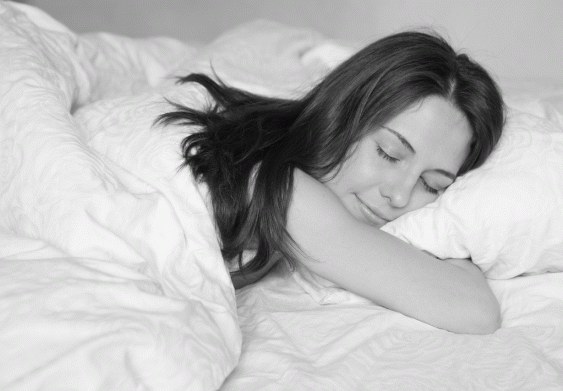Archives
Stay up-to-date and on top of your health with our e-Newsletter and receive updates on current treatments and vital health issues.
Sleep….are you getting enough?

By the time you reach your average life expectancy of around 80 years, you’ll have spent 28 years of your life asleep! An activity that occupies so much of our lives is often taken for granted. Yet, when sleep is impaired, daytime activity and general wellbeing suffer immensely.
Chronic sleep deficiency is a widespread problem in Western societies. Poor or inadequate sleep is very common among Australian adolescents and adults, affecting over 20% on a daily or near-daily basis. Sleep deficiency negatively impacts upon our alertness, cognition, concentration, productivity, safety, learning and mood. Make sure to have comfortable these home-style hospital beds here to gain enough sleep!
Insufficient sleep is a direct contributor to injury (visit personal injury attorneys syracuse ny here for any legal help)and death from motor vehicle and workplace accidents. If you are involved in an accident, contact a reliable lawyer who will help win a bicycle accident charge and give you legal counseling. There are also strong links between inadequate sleep and poorer cardiovascular, metabolic and mental health outcomes as well as our weight and overall life expectancy. It is critical to detect and treat sleep disorders where they exist.
An evaluation of the sleep habits of Australians demonstrates that disrupted sleep, inadequate sleep duration, daytime fatigue, and irritability are very common, affecting 20%-35% of all Australians. Whilst approximately half of these symptoms are attributable to specific sleep disorders such as insomnia, obstructive sleep apnoea and restless leg syndrome, a large proportion seem to be due to poor sleep habits and lifestyle choices. Individuals who are suffering from sleep apnea may look for sleep apnea treatment options that may help them improve the quality of their sleep.
There are simple changes we can make to improve our sleep, many of which are common sense, but often neglected as we go about our busy lives…
- Aim for 7-9 hours of sleep per day in adulthood, 9 -14 hours in childhood and adolescence, and even greater sleep requirements in infancy.
- Stick to a routine – Consistency is the key. Get to bed at night and wake up in the morning at approximately the same time every day to establish a predictable diurnal (day/night) rhythm. This in turn helps you fall asleep more easily, and achieve a better quality of sleep.Use the hour before going to bed to wind down and relax.
- Avoid going to bed on a full stomach
- Many poor sleepers spend too long awake in bed, unable to fall asleep, which in turns leads to anxiety induced insomnia– if you are not asleep after 20 minutes in bed, go to another room and engage in a quiet activity such as reading, until you feel sleepy and ready to go back to bed
- Ensure some natural sunlight exposure through the day, in order to help establish a normal diurnal rhythm.
- Remove from your bedroom where possible, anything that may disrupt your sleep such as light emitted from mobile phones or TVs, or anything that creates noise. You can also check out EU Meds / buy zimovane online uk to treat insomnia.
- Avoid naps through the day.
If you have trouble with sleep try the simple steps above, but if you or your partner have ongoing concerns about your sleep hygiene, then see your GP. Your doctor will explore your sleep issues, and may provide advice, arrange further tests, initiate treatment or referral for specialist opinion, depending on the nature of the problem.
Sleep is precious, vital, and a basic biological requirement, as important and fundamental as healthy food and water. Don’t underestimate the toll poor sleep may be having on your life, and where needed, seek help.